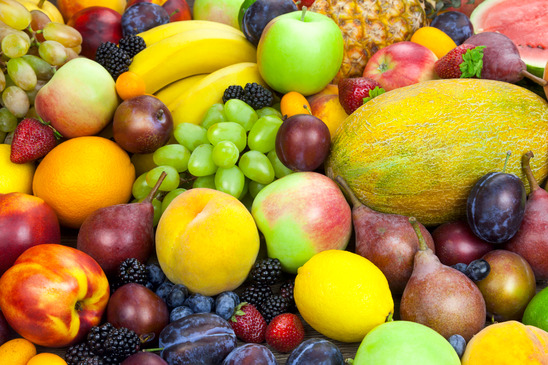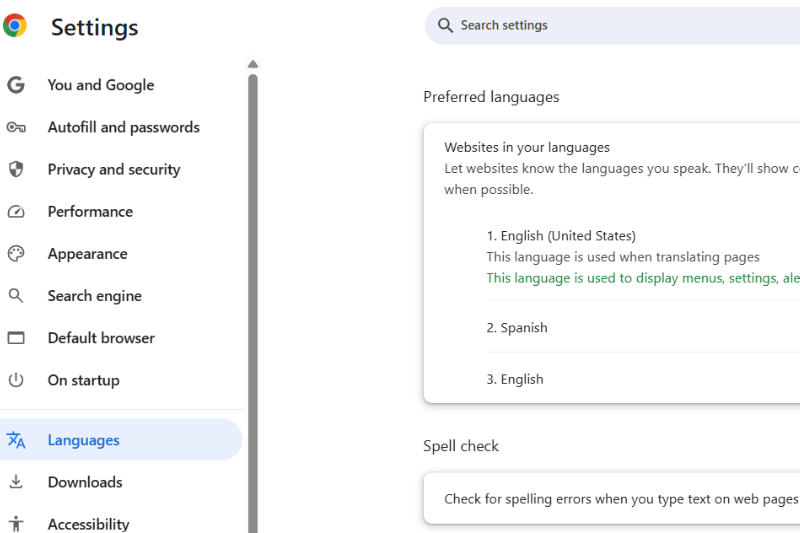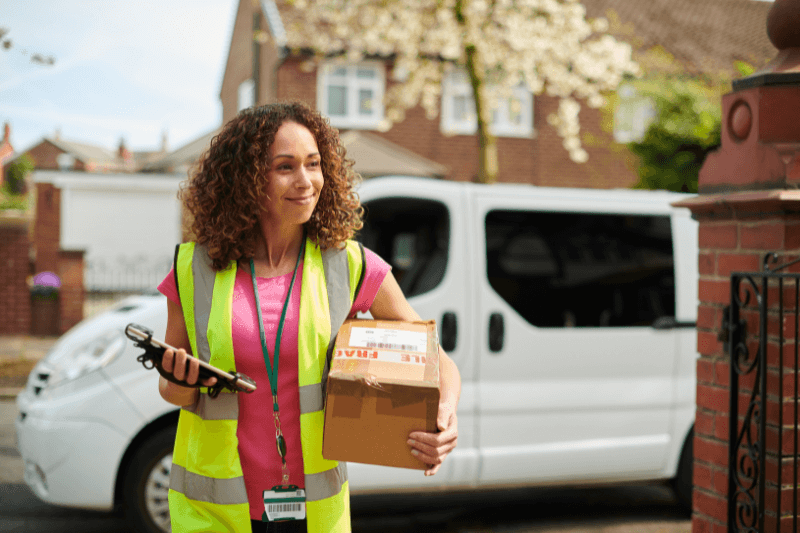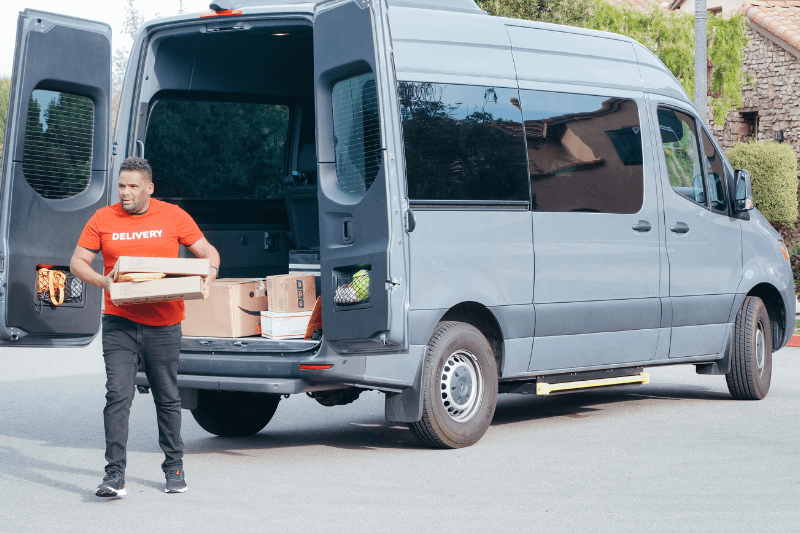Farm to Table Deliveries
October 03, 2014
Easing Transportation Issues for Community Supported Agriculture
Organic farming has proven to be more than a passing fad. More consumers are interested in where their food comes from and what’s used in the growing process. One such phenomenon is the emergence of Community Supported Agriculture (CSA) programs. By enrolling in a CSA, customers enter an agreement to buy a farm’s produce for the season.
Organic Food Market Growth
The organic food market in United States is set to grow at the CAGR of about 14% during 2013-18, according to a report, United States Organic Food Market Forecast & Opportunities, 2018. Current market leaders are organic fruits & vegetables, which will continue to grow through 2018. The demand for organic meat, fish and poultry is also expected to increase.
While CSA programs are not commonly monitored by the U.S. government, data collected in 2007 by the U.S. Department of Agriculture indicates that 12,549 farms in the United States reported marketing products through a CSA program.
Transportation Optimization
With that growth, however, comes logistical issues. Getting perishable products to consumers in a timely manner requires transportation optimization, which not only affects the bottom line but also the environmental issues that organic farming seeks to combat. So how do farmers get their CSA boxes to their customers? Typically customers come to a site near their home or workplace to pick up their CSA products. The nature of the business means customers are scattered across a metropolitan area. The issues involved with getting multiple deliveries to many different addresses in a timely manner makes transportation issues a big problem for small food producers. By developing an efficient route plan customized to save mileage and time, organic farmers can quickly get their goods to customers.
Optimized Routes are also Environmentally Friendly!
By planning out a route, they can save fuel, not only reducing their costs but also air pollution and other environmental factors associated with vehicle transport. As a result, small food producers can deliver their goods in a manner that aligns with their business philosophy — keeping our world and our food supply a little greener.









